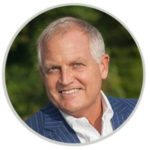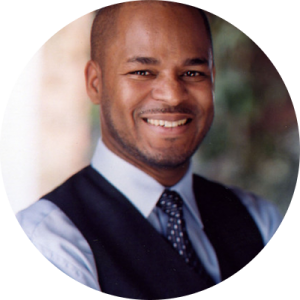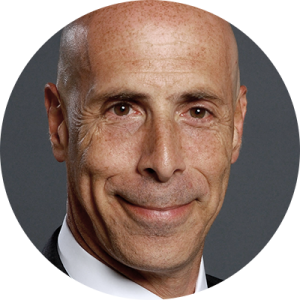The Art of Negotiating Effectively
Brandon learned from a very young age from his father, Christopher Voss who is a former FBI hostage negotiator, how to communicate with people. He has adapted those lessons to the sales world and discusses how to set yourself up for the most effective negotiations. He details the importance of understanding the different negotiator types and how adapting to each unique situation is key.
This Sales Expert Interview covers:
- Addressing negatives early on in the conversation
- It is important to get these discussions out of the way and then continue to build trust and rapport from there.
- Negotiator types
- It can be helpful to identify who is coming to the table so that you can adapt accordingly
- Dealing with the assertive type who just want to be heard without losing your cool
- Analysis paralysis – Learn what the analyzer type needs from you
- Why you don’t necessarily want an accommodator in a negotiation
- The most dangerous negotiator type
- Do you need to be able to adapt to each type of personality or do you have to build a team of people who can fill your gaps?
- Labels
- Learn about a hostage negotiation technique which is also applicable to sales negotiations that speaks to the emotional side of the situation
- Tunnel vision in negotiations
- Being caught up in the destination of negotiation ahead of time can lead to missed opportunities
- Seamless negotiations
- What can seamless negotiations do for you and your business
Our Host
John is the Amazon bestselling author of Winning the Battle for Sales: Lessons on Closing Every Deal from the World’s Greatest Military Victories and Social Upheaval: How to Win at Social Selling. A globally acknowledged Sales & Marketing thought leader, speaker, and strategist. He is CSMO at Pipeliner CRM. In his spare time, John is an avid Martial Artist.


 Nikolaus Kimla – A 30-year veteran of the computer industry, Nikolaus has founded and run several software companies. He and his company uptime iTechnology are the developers of World-Check, a risk intelligence platform eventually sold to Thomson Reuters for $520 million. He is currently the founder and CEO of Pipeliner Sales, Inc., developer and publisher of Pipeliner CRM, the first CRM application aimed squarely at actually empowering salespeople.
Nikolaus Kimla – A 30-year veteran of the computer industry, Nikolaus has founded and run several software companies. He and his company uptime iTechnology are the developers of World-Check, a risk intelligence platform eventually sold to Thomson Reuters for $520 million. He is currently the founder and CEO of Pipeliner Sales, Inc., developer and publisher of Pipeliner CRM, the first CRM application aimed squarely at actually empowering salespeople. Adrian Davis – A professional speaker, author and strategic consultant. He empowers chief executives and sales leaders to create profitable growth through strategic client relationships. He is a provoking speaker addressing senior management and sales groups on strategy and competitive advantage.
Adrian Davis – A professional speaker, author and strategic consultant. He empowers chief executives and sales leaders to create profitable growth through strategic client relationships. He is a provoking speaker addressing senior management and sales groups on strategy and competitive advantage. Rob Jolles has spent over thirty year, and logged over 2.5 million miles as a professional speaker specializing in sales, and influence. He is a best-selling author of five book, translated into over a dozen languages, and President of Jolles Associates, Inc.
Rob Jolles has spent over thirty year, and logged over 2.5 million miles as a professional speaker specializing in sales, and influence. He is a best-selling author of five book, translated into over a dozen languages, and President of Jolles Associates, Inc.